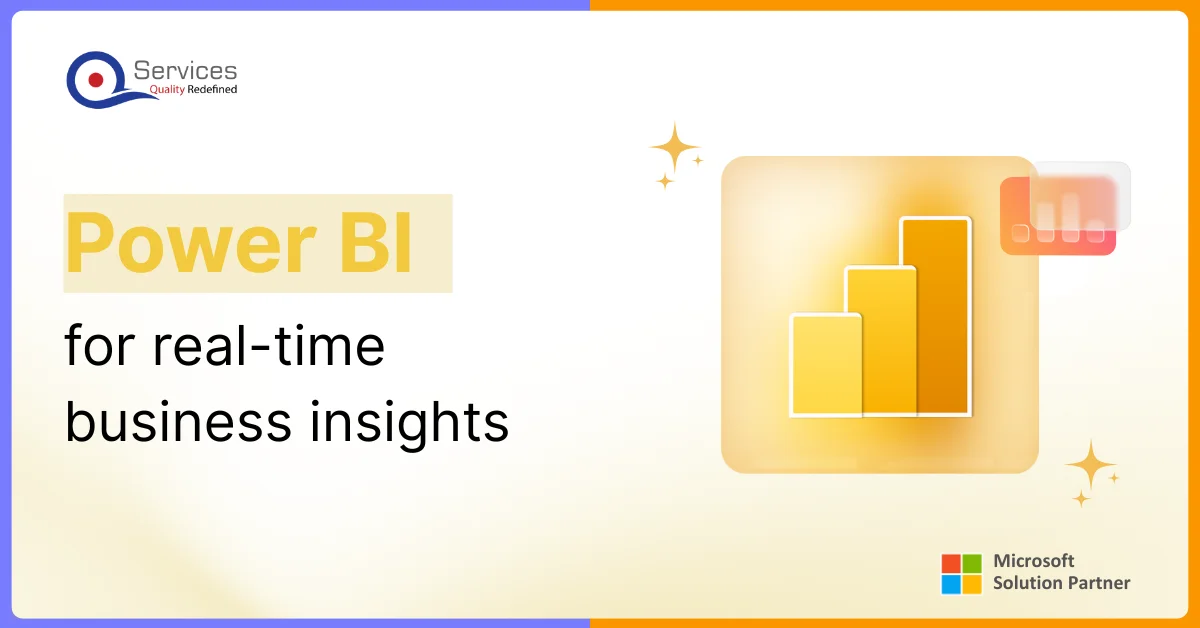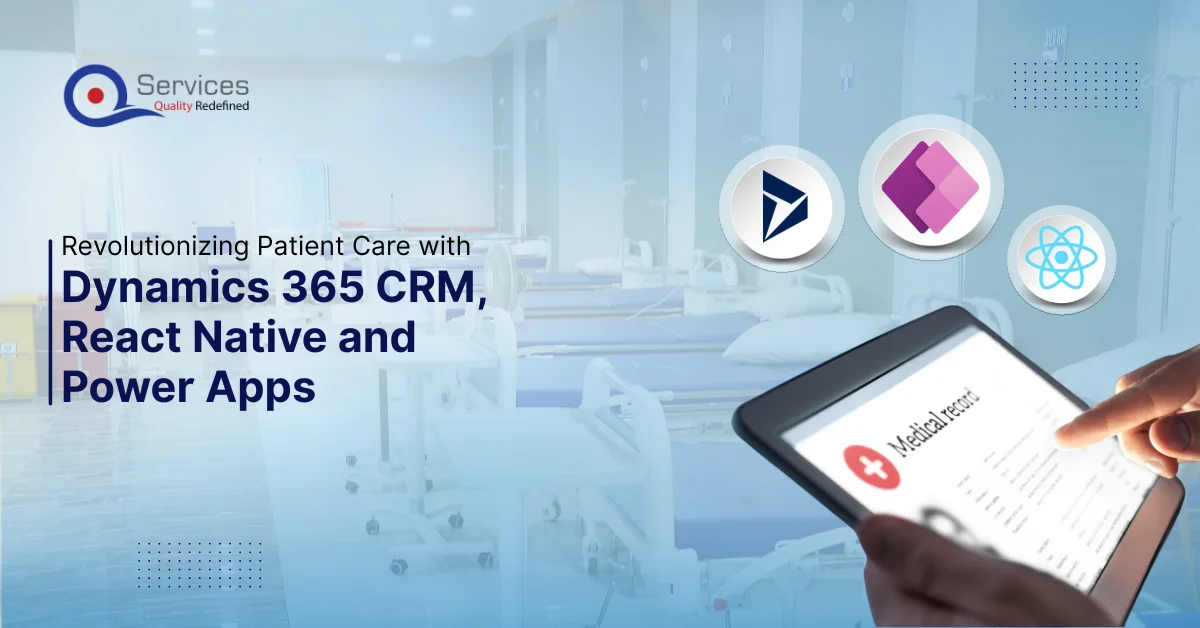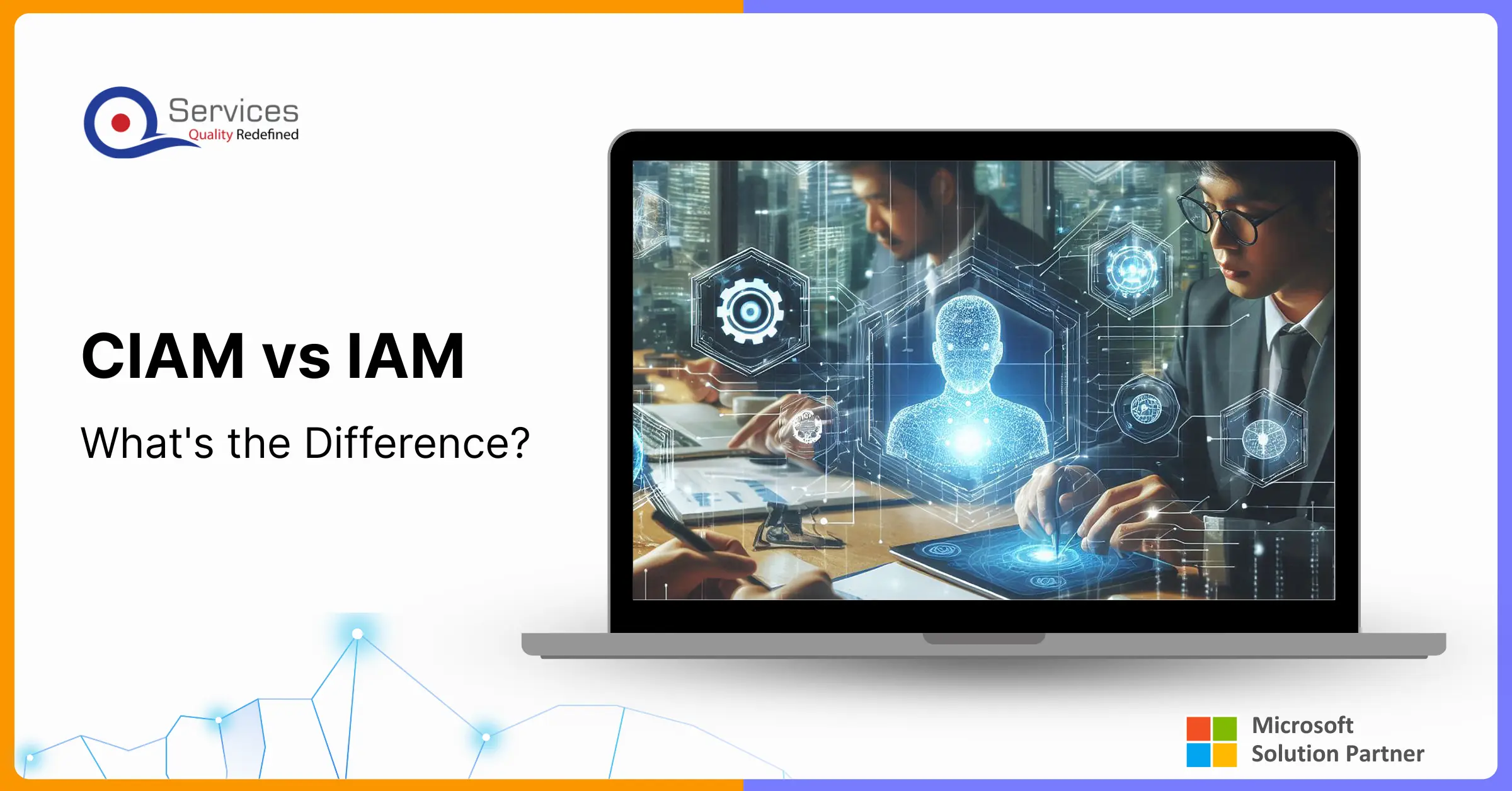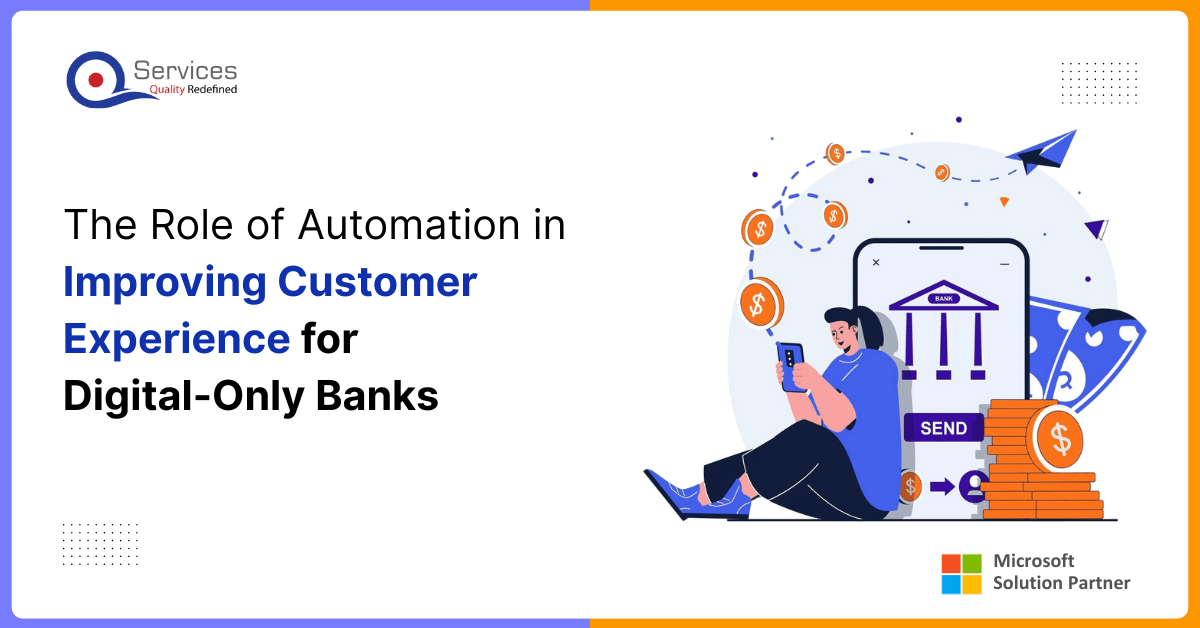
Home » Revolutionizing Patient Care with Dynamics 365 CRM, React Native, and Power Apps

Introduction In an era where patient-centric care is paramount, healthcare organizations are constantly seeking innovative solutions to enhance patient engagement, streamline administrative tasks, and improve overall patient care. Technologies like Microsoft Dynamics 365 CRM, React Native, and Power Apps offer robust tools to revolutionize patient care and elevate the healthcare experience. This blog will explore how these technologies can be utilized to create impactful healthcare solutions, along with examples and best practices.
Overview Patient engagement is crucial for achieving better health outcomes and fostering a positive patient-provider relationship. Dynamics 365 CRM offers a range of features that can significantly improve patient engagement in healthcare.
Dynamics 365 CRM provides a comprehensive view of patient information, including medical history, treatment plans, and communication preferences. This enables healthcare providers to deliver personalized care and build stronger patient relationships.
The CRM allows for automated communication through email, SMS, and other channels. Patients receive timely reminders for appointments, follow-up care, and medication refills, enhancing their engagement and adherence to treatment plans.
Dynamics 365 CRM includes tools for collecting patient feedback and conducting surveys. Healthcare organizations can use this data to identify areas for improvement and tailor their services to meet patient needs.
Overview React Native is a powerful framework for building cross-platform mobile applications. It allows developers to write code once and deploy it on both iOS and Android platforms, making it an ideal choice for healthcare app development.
By using a single codebase for multiple platforms, healthcare organizations can reduce development costs and time.
React Native ensures a consistent user experience across different devices, which is crucial for healthcare applications that require seamless interactions.
React Native provides access to native device features such as cameras, GPS, and biometric authentication, enhancing the functionality of healthcare apps.
Example: A healthcare provider used React Native to develop a telehealth app. The app allowed patients to schedule virtual consultations, access medical records, and receive personalized health tips. By leveraging React Native, the provider was able to launch the app quickly and reach a broader audience.
Overview Power Apps is a low-code platform that enables healthcare organizations to create custom applications tailored to their specific needs. The platform’s drag-and-drop interface makes it accessible to both developers and non-developers.
Power Apps allows for rapid development and deployment of custom applications, reducing the time to market for healthcare solutions.
Power Apps can integrate with various data sources and existing healthcare systems, ensuring seamless data flow and interoperability.
The intuitive interface of Power Apps makes it easy for healthcare providers to create and modify applications without extensive coding knowledge.
Example: A clinic used Power Apps to develop a patient management system that tracked patient appointments, medical history, and treatment plans. The custom app improved administrative efficiency and allowed healthcare providers to focus more on patient care.
Overview Integrating Dynamics 365 CRM with React Native can enhance the patient experience by providing real-time access to patient data and personalized care plans through mobile applications.
Integration with Dynamics 365 CRM ensures that patient data is always up-to-date and accessible to healthcare providers and patients through the mobile app.
The integration enables healthcare providers to deliver personalized care plans and recommendations based on patient data stored in Dynamics 365 CRM.
React Native apps integrated with Dynamics 365 CRM can facilitate seamless communication between patients and healthcare providers through secure messaging and notifications.
Example: A hospital developed a React Native app integrated with Dynamics 365 CRM. The app allowed patients to view their medical records, schedule appointments, and communicate with their care team. The integration ensured that patient data was always up-to-date, enhancing the overall patient experience.
Get free Consultation and let us know your project idea to turn into an amazing digital product.

Overview Personalized patient care plans are essential for delivering effective and tailored healthcare. Dynamics 365 CRM offers several features that enable healthcare providers to create and manage personalized care plans.
Dynamics 365 CRM allows healthcare providers to create detailed patient profiles that include medical history, treatment preferences, and social determinants of health.
The CRM supports the creation of care pathways that outline the steps and interventions needed to achieve specific health outcomes for each patient.
Dynamics 365 CRM can generate alerts and reminders for both patients and healthcare providers, ensuring that care plans are followed and adjusted as needed.
Example: A healthcare organization used Dynamics 365 CRM to develop personalized care plans for patients with chronic conditions. The CRM provided healthcare providers with a comprehensive view of each patient’s health status and care needs, enabling them to deliver targeted interventions and improve patient outcomes.
Overview Data security and compliance with regulations such as HIPAA (Health Insurance Portability and Accountability Act) are critical in healthcare. Dynamics 365 CRM offers robust features for secure patient data management and HIPAA compliance.
Dynamics 365 CRM encrypts patient data both at rest and in transit, ensuring that sensitive information is protected from unauthorized access.
The CRM provides granular access controls, allowing healthcare organizations to define who can access and modify patient data.
Dynamics 365 CRM maintains audit logs that track all interactions with patient data, helping organizations monitor compliance and identify potential security breaches.
Example: A healthcare provider implemented Dynamics 365 CRM to manage patient data securely and comply with HIPAA regulations. The CRM’s robust security features ensured that patient information was protected, and audit logs provided a clear record of data access and modifications.
Overview Healthcare administrative tasks can be time-consuming and prone to errors. Dynamics 365 CRM offers tools to streamline these tasks, improving efficiency and reducing administrative burden.
Dynamics 365 CRM supports automated workflows that handle routine administrative tasks such as appointment scheduling, billing, and patient communications.
The CRM provides task management features that allow healthcare providers to assign, track, and prioritize administrative tasks.
Dynamics 365 CRM includes reporting and analytics tools that help healthcare organizations monitor performance and identify areas for improvement.
Example: A hospital used Dynamics 365 CRM to automate appointment scheduling and patient communications. The CRM’s automated workflows reduced the administrative workload and minimized scheduling errors, allowing healthcare providers to focus more on patient care.
Overview Effective care team collaboration is essential for delivering coordinated and comprehensive healthcare. Dynamics 365 CRM provides tools to enhance collaboration among care team members.
Dynamics 365 CRM allows care team members to access and update shared patient records, ensuring that everyone is on the same page regarding patient care.
The CRM includes secure messaging features that facilitate communication between care team members, allowing them to discuss patient care plans and share updates.
Dynamics 365 CRM enables care team members to assign and track tasks related to patient care, ensuring that all necessary actions are completed in a timely manner.
Example: A healthcare organization implemented Dynamics 365 CRM to improve care team collaboration. The CRM’s shared patient records and secure messaging features allowed care team members to communicate effectively and coordinate care, resulting in better patient outcomes.
Overview Real-time access to patient data is crucial for making informed healthcare decisions. Dynamics 365 CRM provides dashboards that offer real-time insights into patient data.
Dynamics 365 CRM allows healthcare organizations to create customizable dashboards that display key patient metrics and data points.
The CRM ensures that data displayed on the dashboards is always up-to-date, providing healthcare providers with accurate and timely information.
Dynamics 365 CRM dashboards include interactive visualizations that help healthcare providers analyse data and identify trends.
Example: A healthcare provider used Dynamics 365 CRM dashboards to monitor patient data
Share your project idea with us. Together, we’ll transform your vision into an exceptional digital product!

Healthcare is transforming by using like Dynamics 365 CRM and Power Apps. This help doctors to keep patient information in a unified place, send them helpful reminders, and make patients and staff communication seamless.
With the usage of tools like these, healthcare workers can save a lot of time and provide better care with each patient’s needs. Patients can book appointments, check their health info, or message their doctors using a simple app. Staff members also spend less time doing paperwork and more time helping people.
In short, these smart tools make healthcare faster, safer, and more personal. As hospitals keep moving forward, using these kinds of solutions will help them take even better care of their patients.
Dynamics 365 CRM is a tool that helps healthcare providers keep track of patient information, organize their work better, and improve care by using smart data tools and automation.
React Native lets developers create apps that work on both iPhones and Android phones using one code. This helps patients get the same smooth experience no matter what device they’re using.
Power Apps is a set of tools from Microsoft that lets healthcare providers build custom apps without much coding. These apps can help with things like patient check-ins, staff tasks, or tracking health data.
It brings all the patient info together in one place so doctors and nurses can find what they need quickly and make better decisions for care.
It includes tools for managing patient data, setting up appointments, handling billing, and working smoothly with other hospital systems.
They let healthcare teams quickly create apps to do things like schedule visits, track patients, or collect data—saving time and making work easier.
Yes, it can connect with systems like electronic health records (EHR) or billing software, so everything works together nicely.
Some common issues include moving old data into the system, training staff, connecting it with current tools, and keeping everything secure.
They can use things like data encryption, user access controls, and regular security checks to protect sensitive information.
AI can help by predicting patient needs, suggesting actions, and handling routine tasks to save time for healthcare workers.
It helps create apps that are easy to use and include things like appointment reminders, health tracking, or direct messages with doctors.
They’ll need to think about costs for licenses, setup, training, and ongoing support and updates.
By automating boring tasks and reducing paperwork, Power Apps help teams focus more on patients and less on admin work.
It helps them stay compliant with healthcare laws by keeping data secure, tracking actions, and creating reports when needed.

Secure access is vital for organizations managing digital identities in today’s landscape. While both CIAM and IAM secure user identities, they serve different purposes — CIAM for customers and IAM for employees. This article explores their key differences and how to choose the right system.

For decades, traditional banking systems handled only basic transactions. The digital era exposed their limitations in speed and adaptability. Evolved core banking now powers seamless, future-ready financial services.

As digital expectations grow, customers now demand speed, ease of use, and 24/7 availability. To meet these demands at scale, digital-only banks choose business process automation in the banking industry to deliver consistent, responsive, and personalized service.

Founder and CEO

Chief Sales Officer
